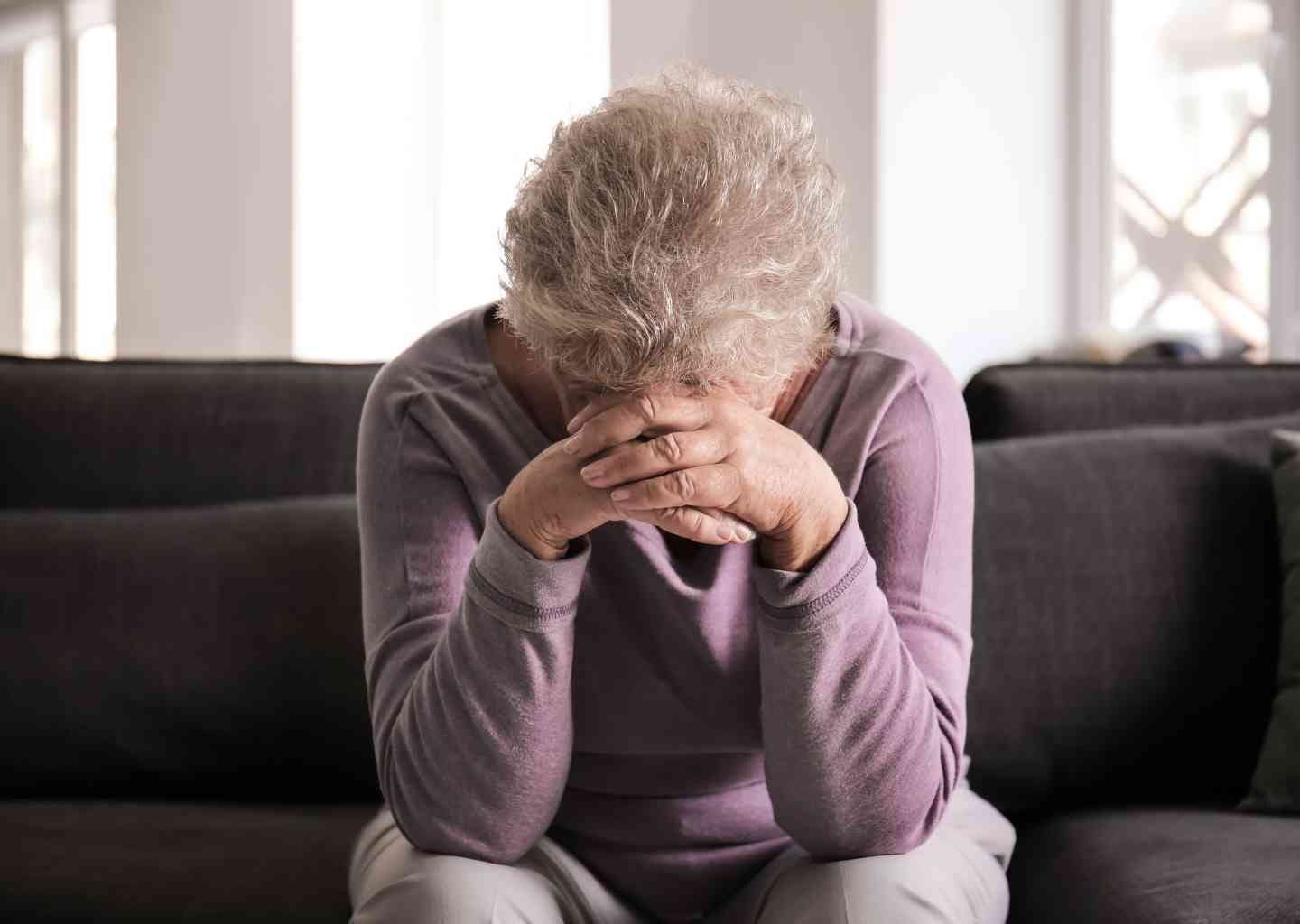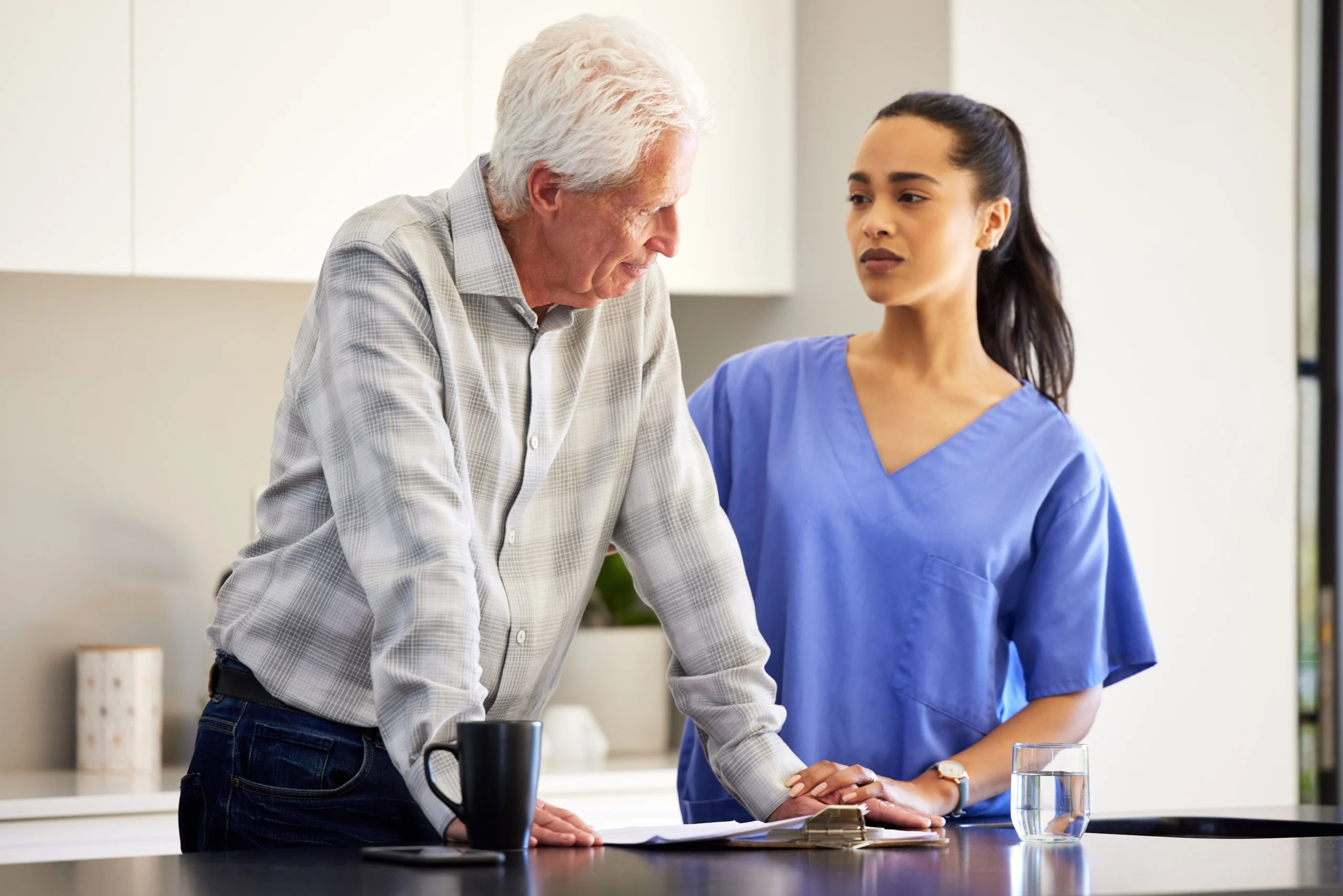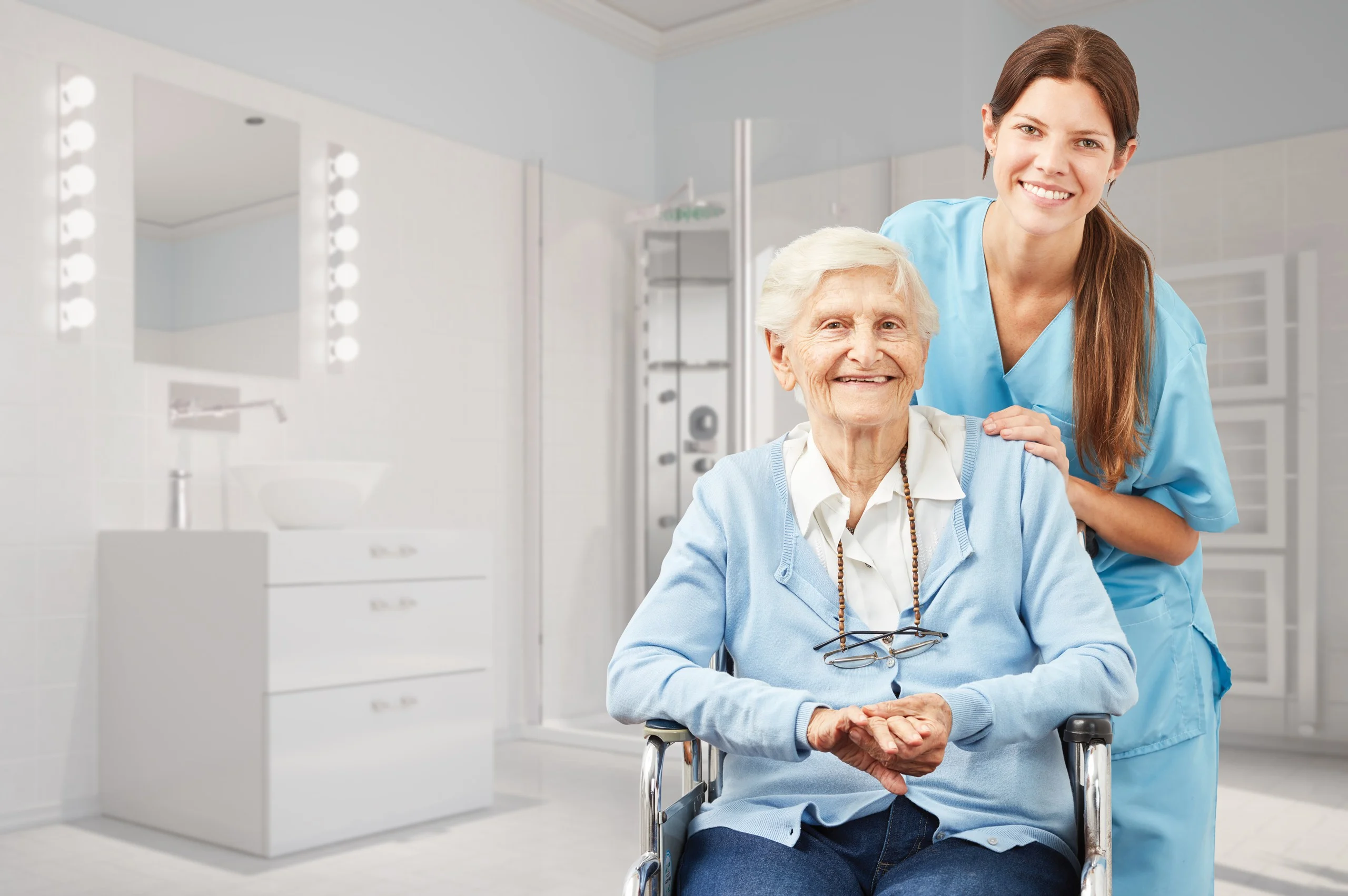Sam always had a strong connection with his grandfather Alfonzo. That is why he was quick to notice when Alfonzo’s appearance and behavior began to change.
Alfonzo had lost interest in his hobbies, was losing weight, and had become less fastidious about his appearance. His energy levels had declined, and he was no longer interested in current events. On some occasions, Alfonzo was irritable and would often make pessimistic comments about the world.
The changes that Sam had noticed in his grandfather were the symptoms of depression. Depression is an extremely common mental disorder that affects millions of seniors across the United States. In this article, I will share some information about depression and explain how family caregivers can help an elderly person suffering from depression.
How Many Older Adults Experience Depression?
Unfortunately, seniors have a higher risk of depression than the general population. The condition is more common amongst older Americans because they often suffer from chronic health complaints and social isolation. The CDC estimates that between 15 to 20% of adults aged 65 or older living in the United States suffer from depression.
Depression is a serious mental disorder which can significantly disrupt a person’s life. It can make it difficult to obtain pleasure from hobbies and impact personal relationships. If it becomes severe, it can affect a person’s physical health and increase the risk of suicide.
The symptoms of depression are numerous and include:
- Fatigue
- Feelings of emptiness or sadness
- Unexplained aches and pains
- Difficult concentrating or remembering things
- No longer caring about physical appearance
- Losing interest in hobbies that were once enjoyable
- Changes in mood with more irritability, hopelessness, nervousness or guilt
- Thoughts of suicide or self-harm
- Changes in appetite (eating too much or too little)
- Changes in sleep patterns (insomnia or frequent sleeping)
- Abdominal cramps and digestive problems
Helping an Elderly Person with Depression
Stay calm and look for solutions
It can be very alarming to discover that a loved one may have depression. However, reacting with panic, anxiety, or anger is the worst possible response. Being overly emotional will only make your loved one feel more anxious themselves, which can worsen their condition.
They may believe that your emotional reaction is their fault, which will have a stronger negative impact on their mental health. They may retreat into themselves and refuse to discuss the reasons they are depressed.
Instead, do your best to remain calm as you encourage your loved one to talk to you about how they feel. Your goal is to have a compassionate and open conversation about what is bothering them.
Provide more social connections
Social isolation is one of the most common reasons seniors become depressed. Fortunately, it is a simple problem to solve. Start by creating a stronger support network around your loved one. This should include:
- Scheduling regular visits from friends and family
- Providing adequate home care support
- Supporting social activities for your loved one by providing transportation
- Encouraging your relative to sign up with hobby groups and social clubs
- Showing seniors how to get started on social media
- Making use of support groups that offer in-home social visits for seniors
- Using technology to allow more face-to-face connections (FaceTime and Skype)
Ensure your loved one is getting the nutrition they require
If your loved one has lost weight due to depression or medical issues, adjust their diet to ensure they get the nutrition they need. This will improve their health and can boost their mental state, reducing the symptoms of depression.
Make it as easy as possible for your loved one to access food. Create pre-made meals and provide plenty of ready-to-eat snack foods. Some ideas include:
- Make homemade meals and freeze them
- Prepare smoothies with plenty of fruit, yoghurt, and protein powder
- Bake nutritious cookies high in protein and fiber
- Create healthy fruit and nut platters to snack on
Introduce more exercise
Exercise is an all-natural remedy for depression. It works in several ways. Getting outside and enjoying fresh air and sunlight provides an immediate mood boost. As they exercise, their body will release endorphins, which are chemicals that promote a feeling of wellness.
Regular exercise and stretching will also strengthen your loved one’s body and reduce the impact of depression symptoms. Start by going for a walk in the park. You will be surprised by how much it can change a person’s demeanor.
Suggest treatment options
If your loved one is still depressed, look at treatment options. However, when introducing these options to your loved one, do it very cautiously. Many seniors are resistant to obtaining help and may feel embarrassed. Some of the best treatment options include:
Medication
Anti-depressant medications are proven to be effective at treating depression. Talk to your family doctor about the types of medication which would be suitable for seniors.
Talk Therapy
Therapy can help your loved one express their thoughts and feelings in a safe environment. They can use it to discuss why they are experiencing depression and to learn strategies for dealing with the condition.
Other Forms of Therapy
If your loved one isn’t interested in expressing their thoughts and feelings through words, they may still enjoy other forms of therapy. Some popular options include:
- Art therapy
Creating art can be a relaxing endeavor and can also help seniors express themselves. - Music therapy
Listening to music and creating music can improve a person’s health, functioning, and well-being. - Pet therapy
Pet therapy is a guided interaction between a trained animal and a person. It can relieve stress, promote calmness, and ease the symptoms of depression.
To learn more about All Heart Home Care and the services we provide, please contact our friendly team at (619) 736-4677.







